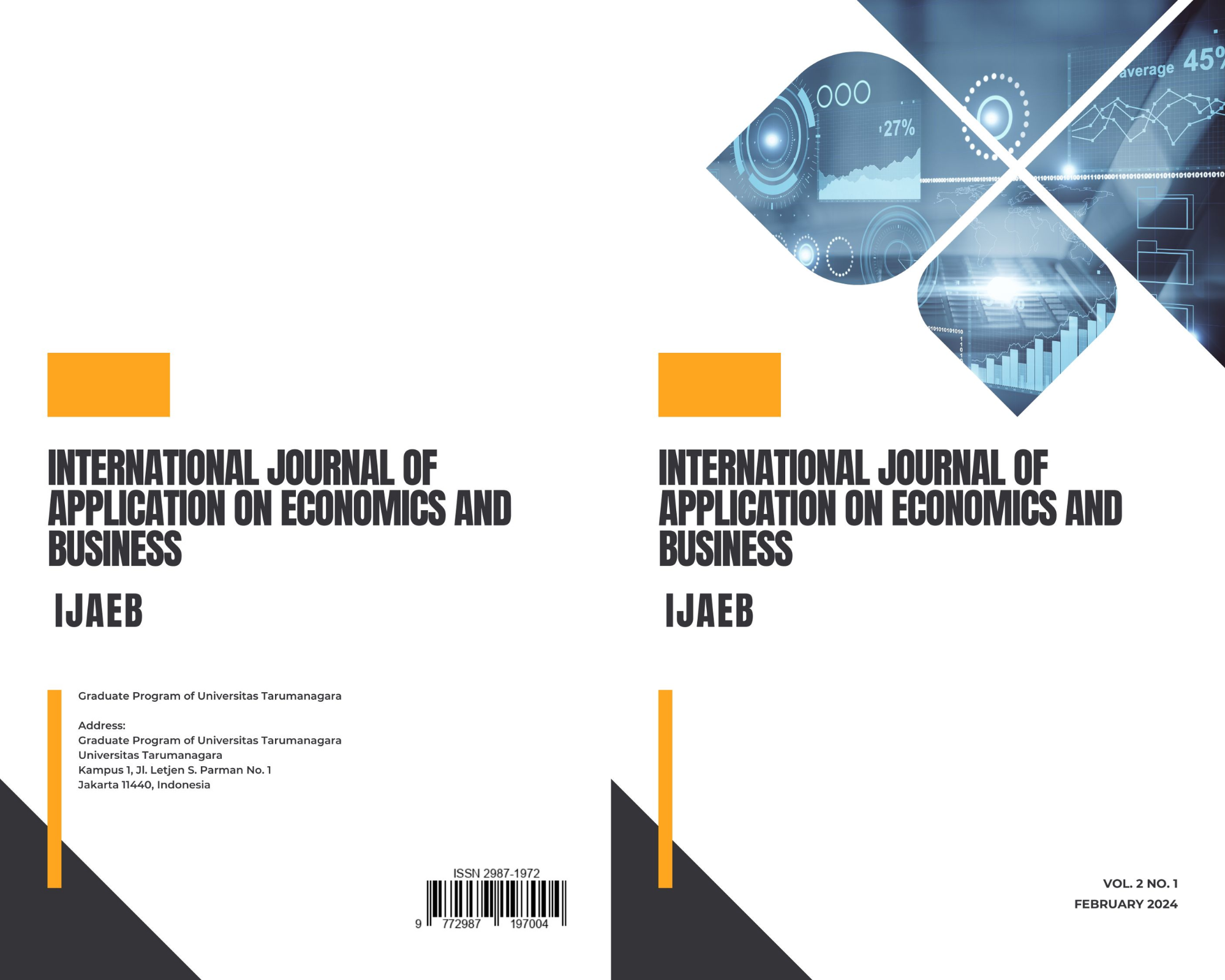PREDICTING AFFORDABLE LOSS BEHAVIOR USING THEORY OF PLANNED BEHAVIOR FOR SME OWNER IN JAKARTA GREATER AREA, INDONESIA
Main Article Content
Abstract
Entrepreneurs can take affordable loss actions when facing uncertain situations. This action is the entrepreneur's ability and willingness to lose or suffer losses from the entrepreneurial investment he makes. This behavior allows entrepreneurs to survive and even develop when facing an economic crisis due to the past Covid-19 pandemic. This study investigates the variables that influence the affordable loss behavior of SME owners in Jakarta, Greater Area using The Theory of Planned Behavior. Questionnaires were distributed to 200 SME owners engaged in the culinary, retail, service and manufacturing sectors. Data were analyzed using Partial Least Square. The results of this study indicate that attitudes and perceived behavioral control can be used to predict affordable loss behavioral intentions. Meanwhile, the subjective norm variable has insignificant predictive ability. The perceived behavioral control variable has the strongest association with behavioral intention. Entrepreneurs are encouraged to have positive views and attitudes towards their abilities and skills in order to be able to behave at an affordable loss, so that business continuity can be guaranteed.
Article Details
Section

This work is licensed under a Creative Commons Attribution-NonCommercial-ShareAlike 4.0 International License.
This journal provides immediate open access to its content on the principle that making research freely available to the public supports a greater global exchange of knowledge.
IJAEB by Graduate Program of Universitas Tarumanagara is licensed under a Creative Commons Attribution-NonCommercial-ShareAlike 4.0 International License.. Permissions beyond the scope of this license may be available at https://journal.untar.ac.id/index.php/ijaeb
References
Ajzen, I (1991). The Theory of planned behavior, Organizational Behavior and Human Decision Processes, 50, 179-211, 1991.
Asian Development Bank (2022). Southeast Asia Rising from The Pandemic, DOI: http://dx.doi.org/10.22617/TCS220093-2.
Chin, W.W. (1995). Partial least square is to LISREL as principal component analysis to common factor analysis, Technology Studies, 2, 315-319.
Chandler, G.N., DeTienne, D.R., McKelvie, A., Troy, V., Mumford, T.V., (2011). Causation and effectuation processes: a validation study, Journal of Business Venturing, 26, 375-390.
Dew, N., Sarasvathy, S.D., Read, S., & Wiltbank, R (2009). Affordable loss: behavioral economics aspects of the plunge decision, Strategic Entrepreneurship Journal.
Fishbein, M., & Ajzen, I. (1975). Belief, Attitude, Intention, and Behavior: An Introduction to Theory and Research, Reading, MA: Addison-Wesley.
Martina, R.A. (2019). Toward a theory of affordable loss, Small Business Economics, An Entrepreneurship Journal.
Purnomo, B.R., Adiguna, R., Widodo., Suyatna, H., Nusantoro, B.P. (2021). Entrepreneurial resilience during the Covid-19 pandemic: navigating survival, continuity and growth, Journal of Entrepreneurship in Emerging Economies, Vol. 13, No. 4, pp 497-524, Emerald Publishing Limited 2053-4604, DOI 10.1108/JEEE-07-2020-0270.
Sarasvathy, S.D. (2001). Causation and effectuation: toward a theorethical shift from economic inevitability to entrepreneurial contingency, Academy of Management Review, 26 (2), 243-263.
Sarasvathy, S. and Dew, N. (2005). Entrepreneurial logics for a technology of foolishness”, Scandinavian Journal of Management, Vol. 21 No. 4, pp. 385-406.
Shinozaki, S. (2022). Informal Micro, Small, and Medium-Sized Enterprises and Digitalization: Evidence from Surveys in Indonesia, ADBI Working Paper Series, No. 1310 March 2022.

